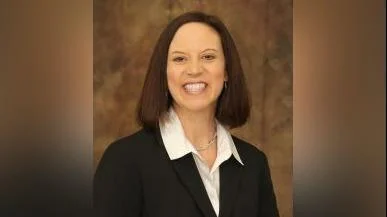David Harris Director the Illinois Department of Revenue | Official Website
David Harris Director the Illinois Department of Revenue | Official Website
Jefferson County in Illinois has received a tentative property assessment equalization factor of 1.0000, as confirmed by David Harris, director of the Illinois Department of Revenue (IDOR). This factor, also known as the "multiplier," is implemented to ensure property assessments are uniform across various counties in accordance with state law.
The equalization process is critical because many of the state's 6,600 local taxing districts overlap multiple counties, such as school districts and fire protection districts. Without equalization, disparities among taxpayers who own comparable properties might arise.
According to state law, property in Illinois should be assessed at one-third of its market value. However, farm property has a distinct assessment procedure, with homesites and dwellings subject to standard assessment practices and farmland assessed based on productivity.
The annual determination of the equalization factor for each county involves comparing the sales price of properties over the past three years to the assessed value set by the county's assessor. An average assessment at one-third of market value results in a factor of 1.0000. If the average level of assessment deviates, the equalization factor adjusts accordingly.
In Jefferson County, property assessments currently stand at 33.35% of market value, considering property sales from 2021 to 2023. The newly assigned factor will apply to taxes for 2024, payable in 2025. The previous year's equalization factor was 0.9766.
This tentative factor might change based on potential actions by the County Board of Review or if new data suggests adjustments to IDOR's average assessment estimates. A public hearing will be conducted between 20 and 30 days post-publication of the factor in a county-wide newspaper.
Changes in the equalization factor do not directly affect total property tax bills as these depend on the annual budget requests from local taxing bodies. Unless local governments request more funds than received the previous year, total property taxes should not increase even if the property assessments rise. The assessed value of each property only influences the share of tax burden each taxpayer carries, with no direct impact from the multiplier.



 Alerts Sign-up
Alerts Sign-up